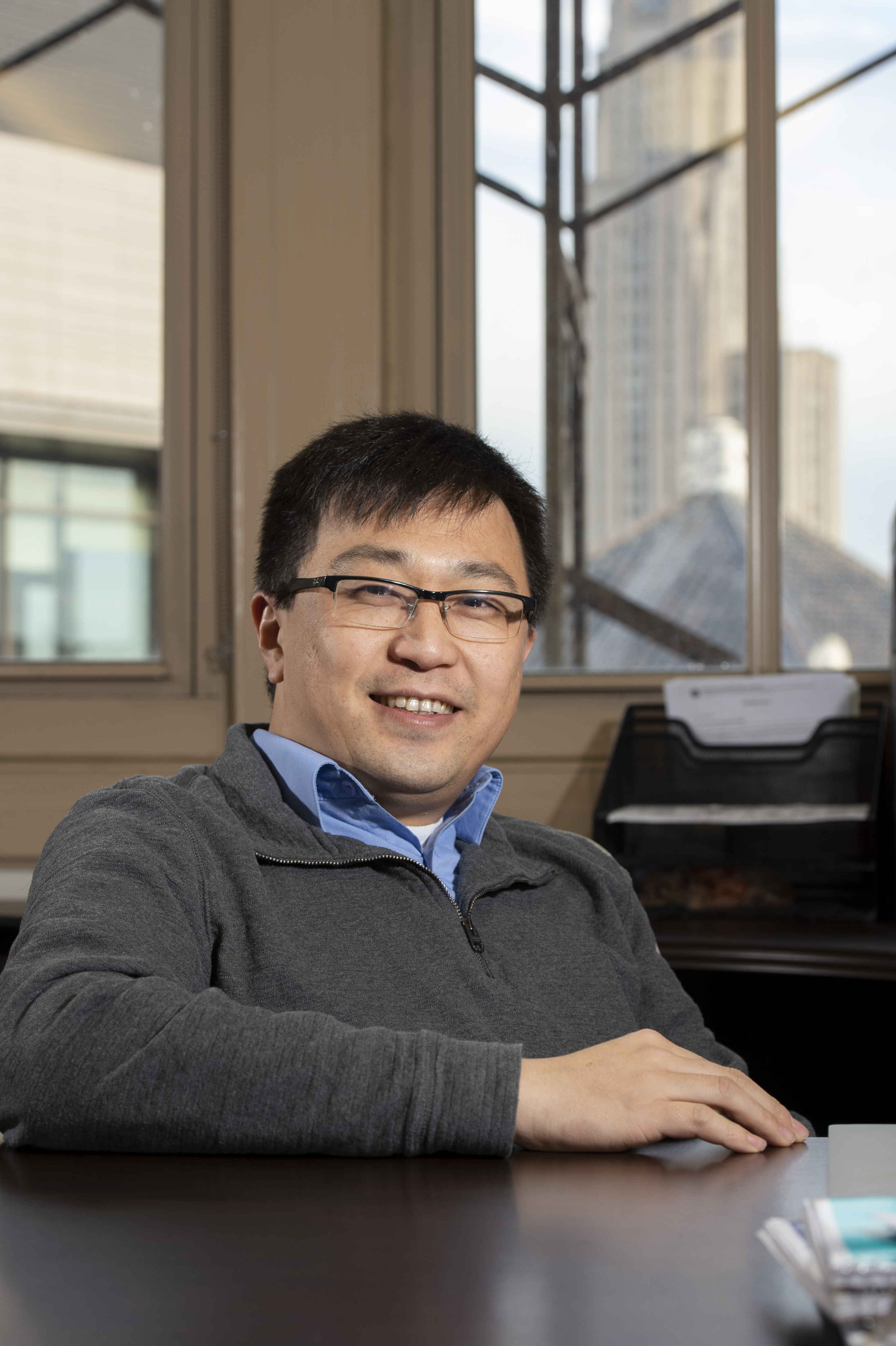ARC 2021 Peng Liu Abstract and Biography

Abstract
Accelerate Discovery of Transition Metal-Catalyzed Organic Reactions
Due to limited mechanistic insights and the complexity of catalyst-substrate interactions, catalyst design and optimization in transition metal catalysis are often based on chemical intuition and experimental trial-and-error. I will discuss our recent efforts to utilize a streamlined computational approach to understand and predict the reactivity and selectivity of various transition metal catalyzed reactions, including the functionalization of C-H/C-C bonds and olefins, as well as olefin polymerization reactions.
Our approach is based on computational mechanistic studies and quantitative investigations of various steric, electronic, dispersion, and strain effects of the transition metal catalyst. We utilized the energy decomposition analysis (EDA) methods to quantitatively analyze different types of through-bond and through-space interactions between the transition metal catalyst and the substrate. These studies provided a straightforward way to identify the dominant factor controlling reactivity and selectivity. We demonstrated these theoretical insights can facilitate catalyst discovery. In collaborations with synthetic organic chemistry groups, we employed a mechanistically-guided catalyst design approach to develop new catalysts for the Cu-catalyzed olefin hydrofunctionalization and the Rh-catalyzed asymmetric allenic Pauson-Khand reactions. We also showed that the in-depth analysis of catalyst-substrate interactions in transition states can aid the development of multivariate mathematical equations for the rapid prediction of catalyst and initiator reactivities in the Cu-catalyzed atom transfer radical polymerization (Cu-ATRP).
Biography
Dr. Liu is an associate professor in the Department of Chemistry at the University of Pittsburgh, with a joint appointment as adjunct associate professorin Pitt's Department of Chemical and Petroleum Engineering, His research focuses on the computational investigation of transition metal-catalyzed reactions to explore reaction mechanisms and the origins of reactivity and selectivity. He has studied a large variety of catalytic transformations, including C−C and C−H bond functionalization, olefin functionalization, polymerization, and functionalization of carbohydrates. In the past five years, Professor Liu’s research group has published over 70 papers in the area of computational organic chemistry, including both collaborative and independent computational studies. He has received and NSF CAREER award, the Journal of Physical Organic Chemistry Award for Early Excellence, and the NIH Maximizing Investigators' Research Award. He received his B.S. degree from Peking University and M.Sc. degree from the University of Guelph and earned his PhD at UCLA.

